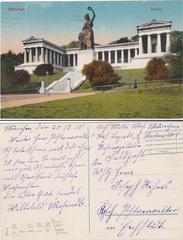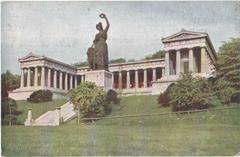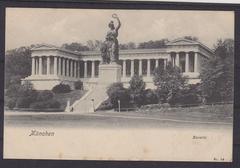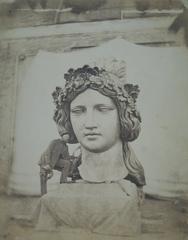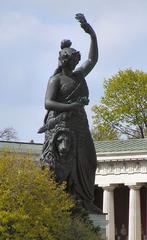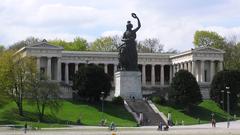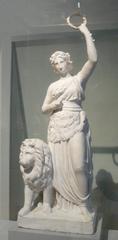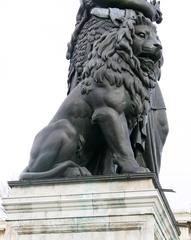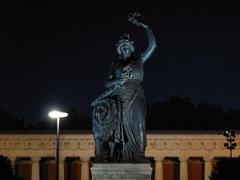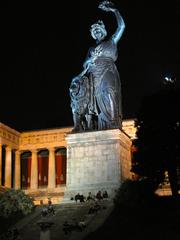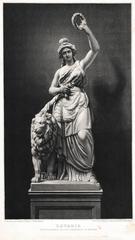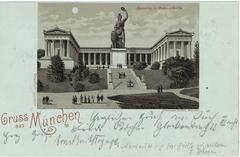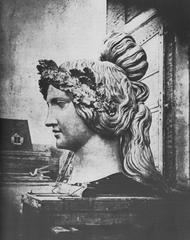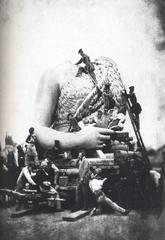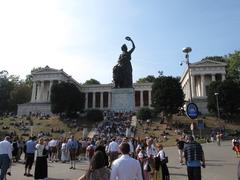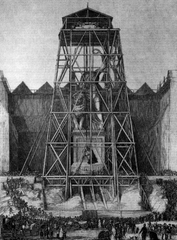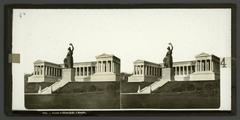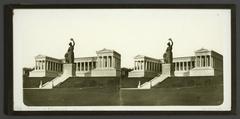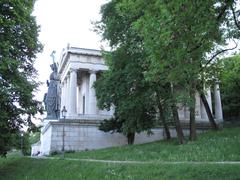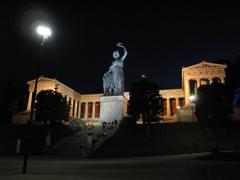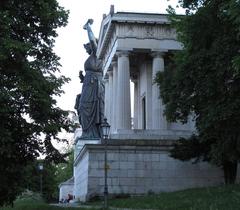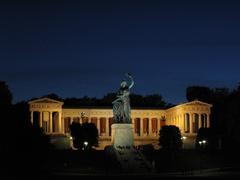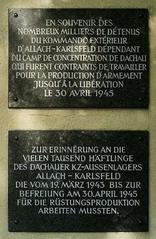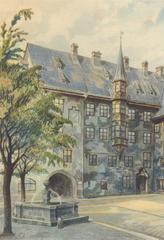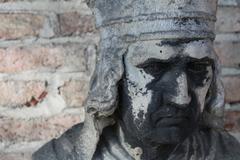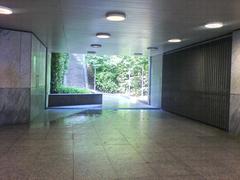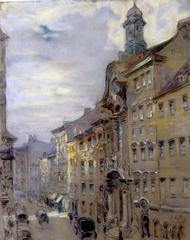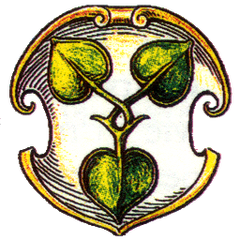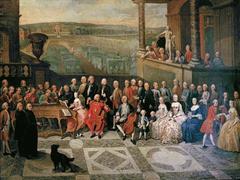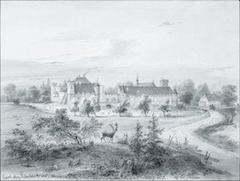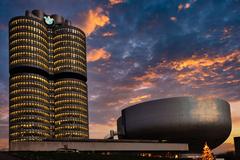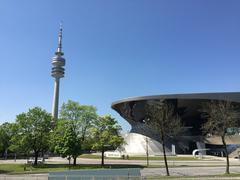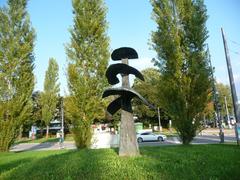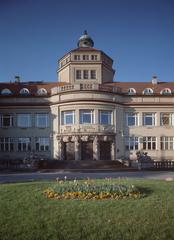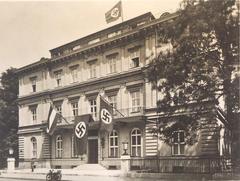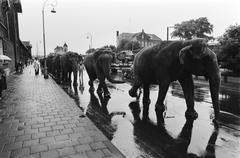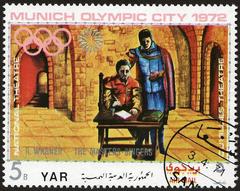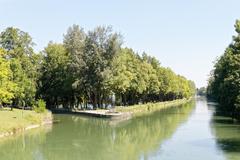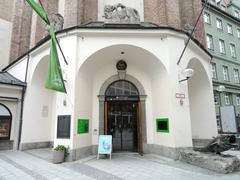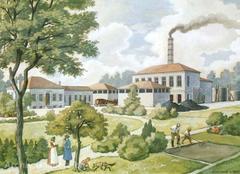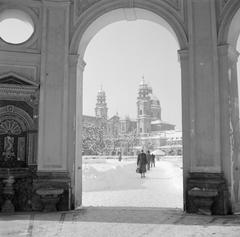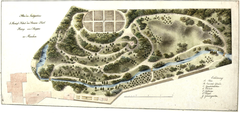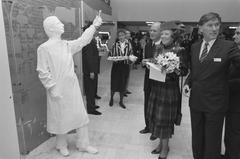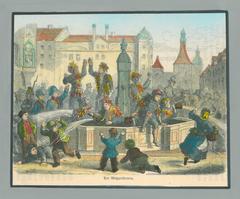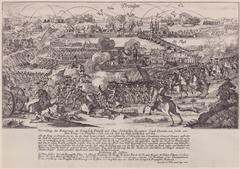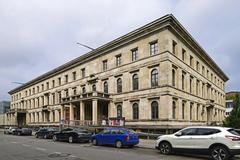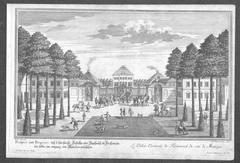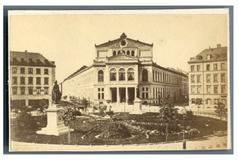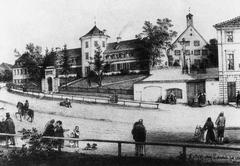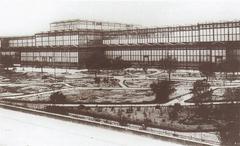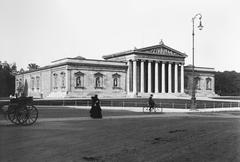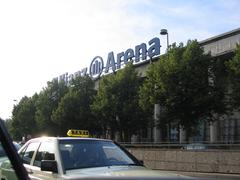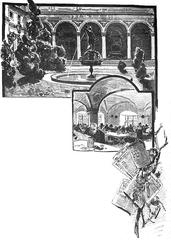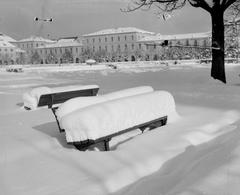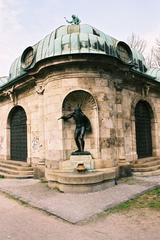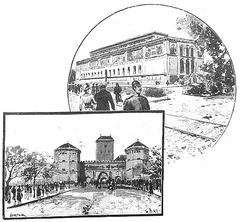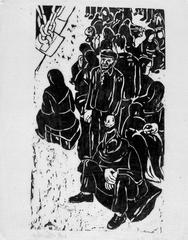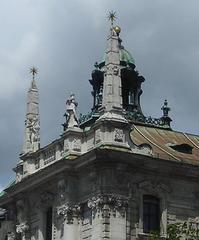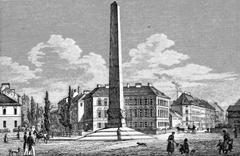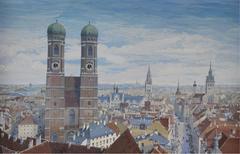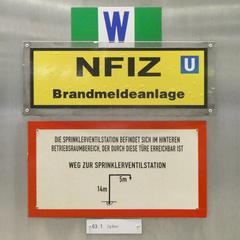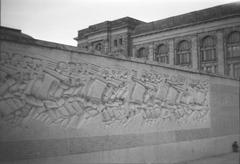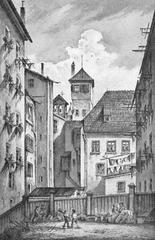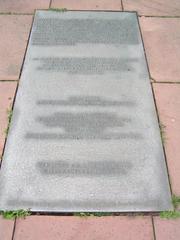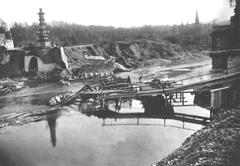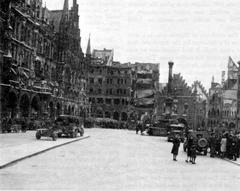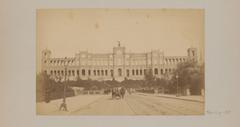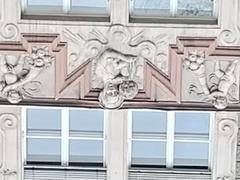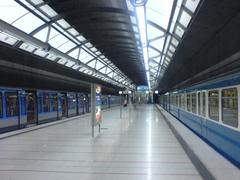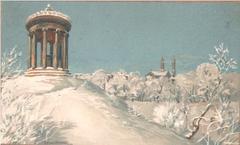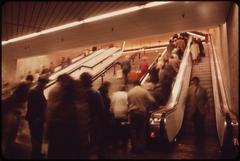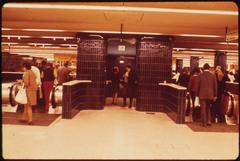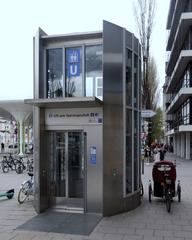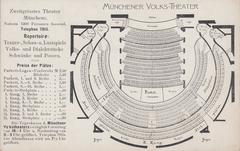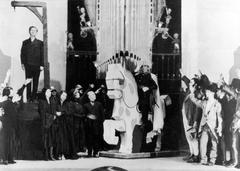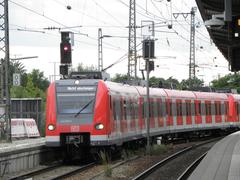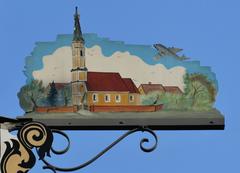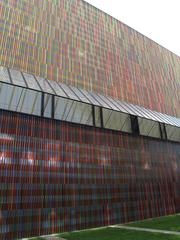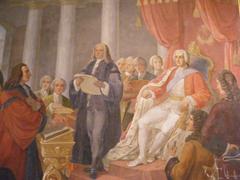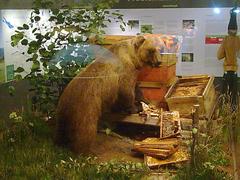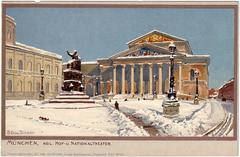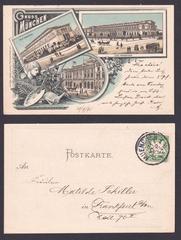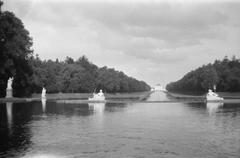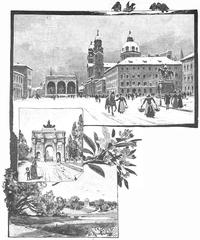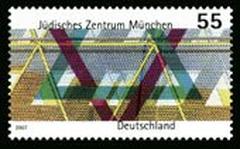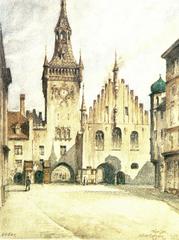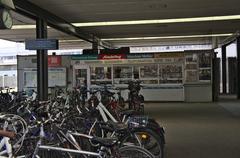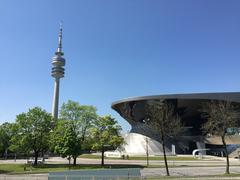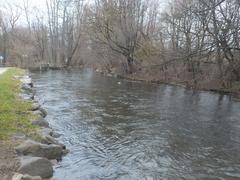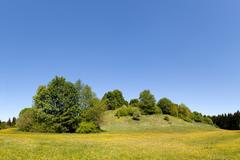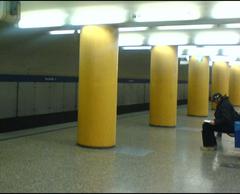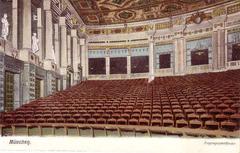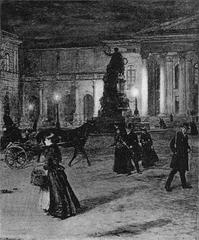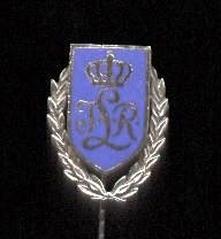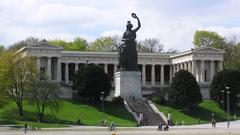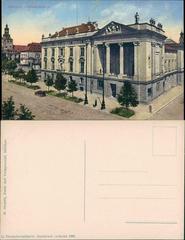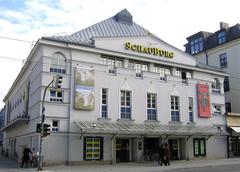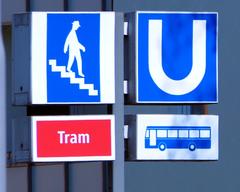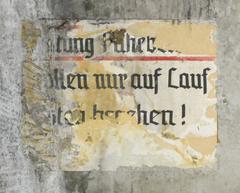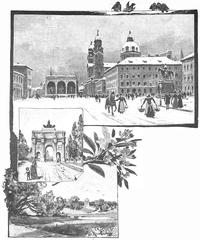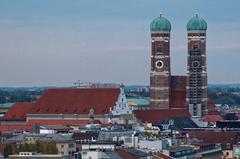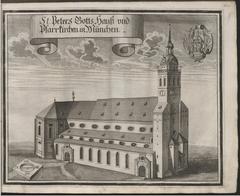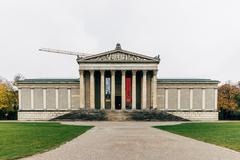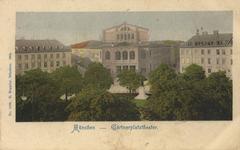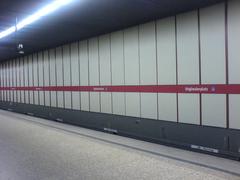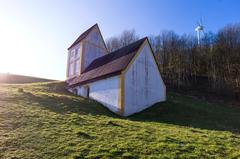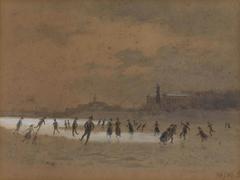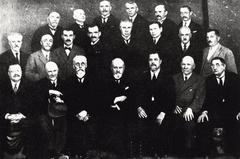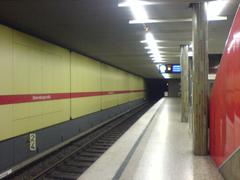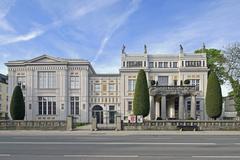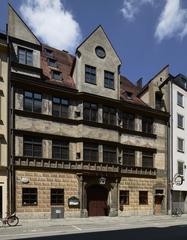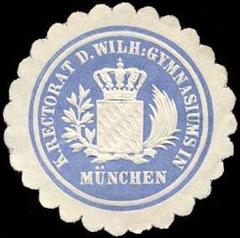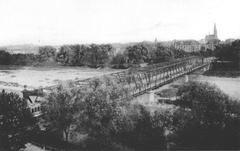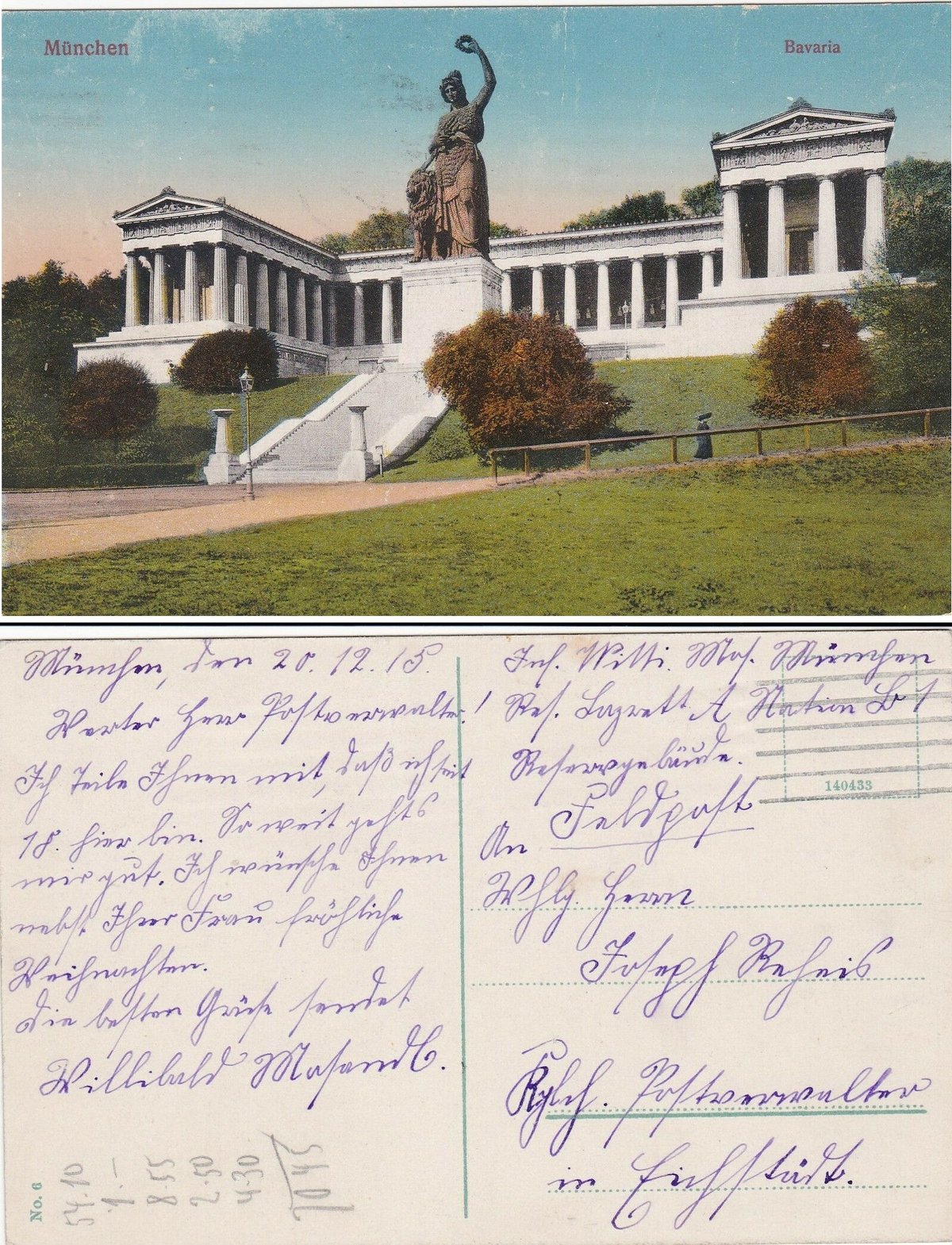
Bavaria Munich Historical Sites Visiting Guide: Tickets and Hours
Date: 15/06/2025
Introduction: Discovering Bavaria and Munich’s Historical Heritage
Bavaria, Germany’s largest state, boasts an extraordinary blend of medieval tradition, royal grandeur, and cultural vibrancy. At its heart is Munich—officially “München”—famed for its historic architecture, dynamic festivals, and the enduring influence of the Wittelsbach dynasty. From the Gothic spires of the Frauenkirche to the Baroque splendor of Nymphenburg Palace, Munich offers a tapestry of experiences for every traveler. This guide details essential visitor information, including hours, ticketing, accessibility, and insider tips, ensuring an enriching journey through Bavaria’s historical treasures (thetravellerworldguide.com; destinationabroad.co.uk; latlon-guide.com; bavaria.travel).
Contents
- Introduction
- Early History & Medieval Foundations
- Renaissance, Baroque, and Enlightenment
- Bavarian Traditions & the Beer Purity Law
- 19th Century: Kingdom of Bavaria
- 20th Century: Conflict and Renewal
- Modern Diversity and Cultural Life
- Practical Visitor Information
- Festivals and Living Traditions
- Munich as a Modern Metropolis
- Must-See Munich Historical Sites
- Frauenkirche: Guide and Highlights
- FAQs
- Conclusion & Call to Action
Early History & Medieval Foundations
Bavaria’s story begins with the Bavarii tribe, who settled the region in the 6th century CE. As a critical duchy within the Holy Roman Empire, Bavaria flourished as a crossroads of trade and power. Munich, established in 1158 by Henry the Lion, owes its name to the Benedictine monks (“Mönche” in German) who founded the original settlement. The city’s strategic significance quickly grew, becoming the seat of Bavarian dukes and a vital center for commerce (bavaria.travel; thetravellerworldguide.com).
Renaissance, Baroque, and Enlightenment
The Wittelsbach dynasty, ruling for over 700 years, ushered in an era of artistic and architectural brilliance. The Renaissance and Baroque periods saw the creation of lavish residences like the Munich Residenz and Nymphenburg Palace. Munich also became a center for musical innovation, with Mozart and Wagner premiering pivotal works here (destinationabroad.co.uk; onthisday.com).
Bavarian Traditions & the Beer Purity Law
In 1487, Duke Albert IV introduced the Reinheitsgebot (Beer Purity Law) in Munich, decreeing beer could only be brewed with water, malt, and hops. This law not only defined Bavarian brewing but also underpins traditions celebrated in Munich’s beer halls and the world-renowned Oktoberfest (onthisday.com; latlon-guide.com).
19th Century: Kingdom of Bavaria
Elevated to a kingdom in 1806, Bavaria—and especially Munich—underwent urban transformation under King Ludwig I. The city gained neoclassical landmarks such as Ludwigstraße, Glyptothek, and the Bavarian National Museum. This era also saw the emergence of enduring folk festivals and theatrical traditions (thetravellerworldguide.com; bavaria.travel).
20th Century: Conflict and Renewal
Munich was at the center of pivotal 20th-century events: the rise of the Nazi movement, the signing of the Munich Agreement, and WWII devastation. Despite heavy bombing, the city meticulously restored its historical sites. The 1972 Olympics symbolized Munich’s postwar revival, though marred by tragedy (onthisday.com).
Modern Diversity and Cultural Life
Postwar Munich became a melting pot, welcoming refugees and migrant workers. Today, about 12% of Bavaria’s population are expatriates, enriching the city’s cosmopolitan character (shunculture.com). The city’s museums—Deutsches Museum, Alte Pinakothek, Pinakothek der Moderne—and vibrant performing arts scene reflect an ongoing commitment to culture and inclusivity (bavaria.travel; thetravellerworldguide.com).
Practical Visitor Information: Hours, Tickets & Tours
- Major Palaces & Museums: Open 9:00 AM–6:00 PM; hours may vary seasonally.
- Tickets: €10–€15 for adults; purchase online for convenience.
- Guided Tours: Available in multiple languages, often with audio guides.
- Accessibility: Most major sites are wheelchair accessible.
- Transport: Munich’s efficient U-Bahn, S-Bahn, trams, and buses connect all key attractions. Consider the Munich City Pass for unlimited travel and discounts (historycurator.com; timeout.com).
Festivals and Living Traditions
Oktoberfest is Munich’s most famous event but is just one of many lively Bavarian festivals. Traditional costumes (Lederhosen, Dirndl), folk music, and hearty cuisine are integral to local celebrations. Other highlights include jousting tournaments at Kaltenberg and the Oberammergau Passion Play (latlon-guide.com; bavaria.travel; shunculture.com).
Munich as a Modern Metropolis
Munich balances old-world charm with modern innovation. Home to global industries like BMW and a thriving tech sector, the city retains its distinctive character through preserved historic districts, lively squares, and a welcoming atmosphere (destinationabroad.co.uk; thetravellerworldguide.com).
Must-See Munich Historical Sites: Hours, Tickets & Tips
Marienplatz & Neues Rathaus
- Hours: Neues Rathaus tower elevator, 10:00 AM–7:00 PM.
- Tickets: Tower elevator ~€3.
- More Info & Official Site
Englischer Garten
- Open 24/7, free entry.
- Official Site
Hofbräuhaus München
- Hours: 9:00 AM–12:00 AM.
- No entry fee.
- Official Site
Munich Residenz
- Hours: 9:00 AM–6:00 PM (April–October); 10:00 AM–5:00 PM (Nov–Mar); closed Mondays.
- Tickets: €9 adults, combined tickets available.
- Official Site
Nymphenburg Palace
- Hours: 9:00 AM–6:00 PM (April–Oct); 10:00 AM–4:00 PM (Nov–Mar).
- Tickets: €11; gardens free.
- Official Site
Olympiapark
- Hours: Park daily; Olympic Tower 10:00 AM–8:00 PM.
- Tickets: Tower €7.
- Official Site
Viktualienmarkt
- Hours: Mon–Sat 8:00 AM–8:00 PM; closed Sundays.
- Official Site
Haus der Kunst
- Hours: Tues–Sun 10:00 AM–6:00 PM; closed Mondays.
- Official Site
Asamkirche
- Hours: 9:00 AM–6:00 PM, free entry.
Deutsches Museum
- Hours: Tues–Sun 9:00 AM–5:00 PM; closed Mondays.
- Tickets: €14 adults.
- Official Site
BMW Welt & Museum
- Hours: 9:00 AM–6:00 PM daily.
- Tickets: BMW Welt free; Museum €10.
- Official Site
Frauenkirche & St. Peter’s
- Frauenkirche: 10:00 AM–5:00 PM; free entry; tower climb €3.
- St. Peter’s: 10:00 AM–5:00 PM; tower climb €3.
- Frauenkirche | St. Peter’s
Seasonal Highlights
- Oktoberfest: Late September–early October, free entry.
- Christmas Markets: Advent through Christmas.
Frauenkirche Munich: History, Culture & Visitor Guide
History and Significance
Built between 1468–1488, the Frauenkirche is Munich’s Gothic masterpiece and symbol of Bavarian identity. Commissioned by Duke Sigismund and restored after WWII, its twin onion domes define the city skyline. It houses the tombs of Wittelsbach rulers and numerous artworks (muenchner-dom.de).
Visiting Hours & Tickets
- Hours: Mon–Sat 10:00 AM–5:00 PM; Sun 1:00 PM–5:00 PM.
- Entry: Free; tower access ~€3.
- Official Site
Accessibility & Nearby Attractions
Fully accessible, with ramps and elevators. Nearby: Marienplatz, Viktualienmarkt, and the Residenz Museum.
Visitor Tips
- Dress modestly
- Photography allowed (no flash/tripods)
- Guided tours recommended
- Visit early or late for fewer crowds
Frequently Asked Questions (FAQ)
Q: What are typical visiting hours for major sites?
A: Most are open 9:00 AM–6:00 PM; check official sites for seasonal changes.
Q: Can I buy Munich attraction tickets online?
A: Yes, strongly recommended for popular sites.
Q: Are guided tours worth it?
A: Yes, especially for detailed historical context and skip-the-line access.
Q: Is Munich accessible for visitors with disabilities?
A: Major attractions and public transport are generally accessible.
Q: When is the best time to visit?
A: Spring and early autumn for mild weather; Oktoberfest season for festivities.
Conclusion
Munich and Bavaria invite you to explore centuries-old castles, vibrant markets, and grand cathedrals while enjoying world-class museums, festivals, and cuisine. Plan ahead by checking visiting hours, securing tickets, and considering guided tours for a seamless experience. Use the Audiala app for real-time guidance and insider tips.
Call to Action
Download the Audiala app for curated tours, up-to-date visiting hours, and easy ticket bookings. Explore our articles on Bavaria’s hidden gems and follow us on social media for the latest travel inspiration!
References
- Exploring Bavaria and Munich: A Complete Historical and Visitor’s Guide with Tips on Munich Visiting Hours and Tickets (bavaria.travel)
- Historical Tours in Munich (thetravellerworldguide.com)
- Is Munich Worth Visiting? (destinationabroad.co.uk)
- On This Day: Bavaria and Munich History (onthisday.com)
- Munich Culture Highlights (latlon-guide.com)
- What Is the Bavarian Region? (shunculture.com)
- Munich Historic Sites Visitors Guide with Map (historycurator.com)
- Munich Travel Tips (timeout.com)
- Introducing Munich History (Introducing Munich)
- Miss Tourist: Things to Do in Munich (Miss Tourist)
- Happy to Wander: Munich City Travel Guide (Happy to Wander)
- Official Frauenkirche Munich Website (muenchner-dom.de)
